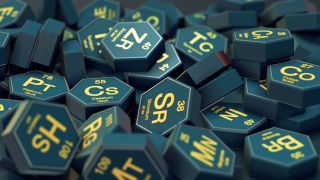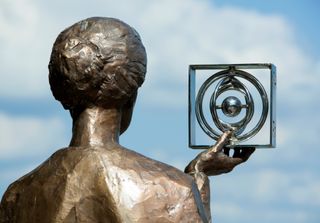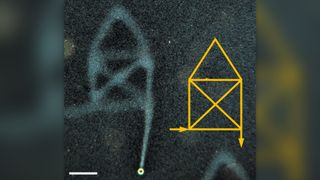Chemistry news, features and articles
Editor's Picks
Latest about Chemistry

Is copper magnetic?
By Victoria Atkinson published
The reason for copper's unique properties comes down to the configuration of its electrons.

Why does ice float?
By Hannah Loss published
Why does ice float in water, instead of sinking to the bottom? It has to do with water's density and molecular structure.
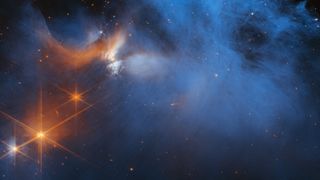
Building blocks of life may have formed on dust in the cold vacuum of space
By Paul Sutter published
Far from any galaxy, icy grains of dust in deep space may be able to form organic molecules, a new preprint study finds.
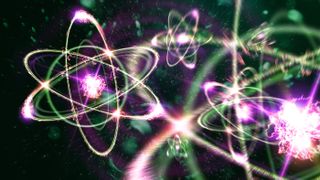
Scientists get rare glimpse of 'nesting doll' isotope nitrogen-9
By Ben Turner published
With five more protons than should be stable, the newly discovered nitrogen-9 isotope sits right on the borderline of physical possibility.

Only 1% of chemicals in the universe have been discovered. Here's how scientists are hunting for the rest.
By Matthew Addicoat published
Most chemical compouds are still unknown to science. How many new ones can we make by combining elements from the periodic table?

Can foxgloves really give you a heart attack?
By Victoria Atkinson published
Foxgloves contain digoxin, a drug used to treat cardiac arrhythmia and heart failure that can also be toxic. But can ingesting it cause a heart attack?

Is hydrogen a metal?
By Hannah Loss published
Hydrogen is not a metal on Earth, but scientists keep trying to create metallic hydrogen under high pressure to unlock a new superconductor.

States of matter: Definition and phases of change
By Mary Bagley last updated
Reference The four fundamental states of matter are solid, liquid, gas and plasma, but there others, such as Bose-Einstein condensates and time crystals, that are man-made.
Get the world’s most fascinating discoveries delivered straight to your inbox.
 Live Science Plus
Live Science Plus










